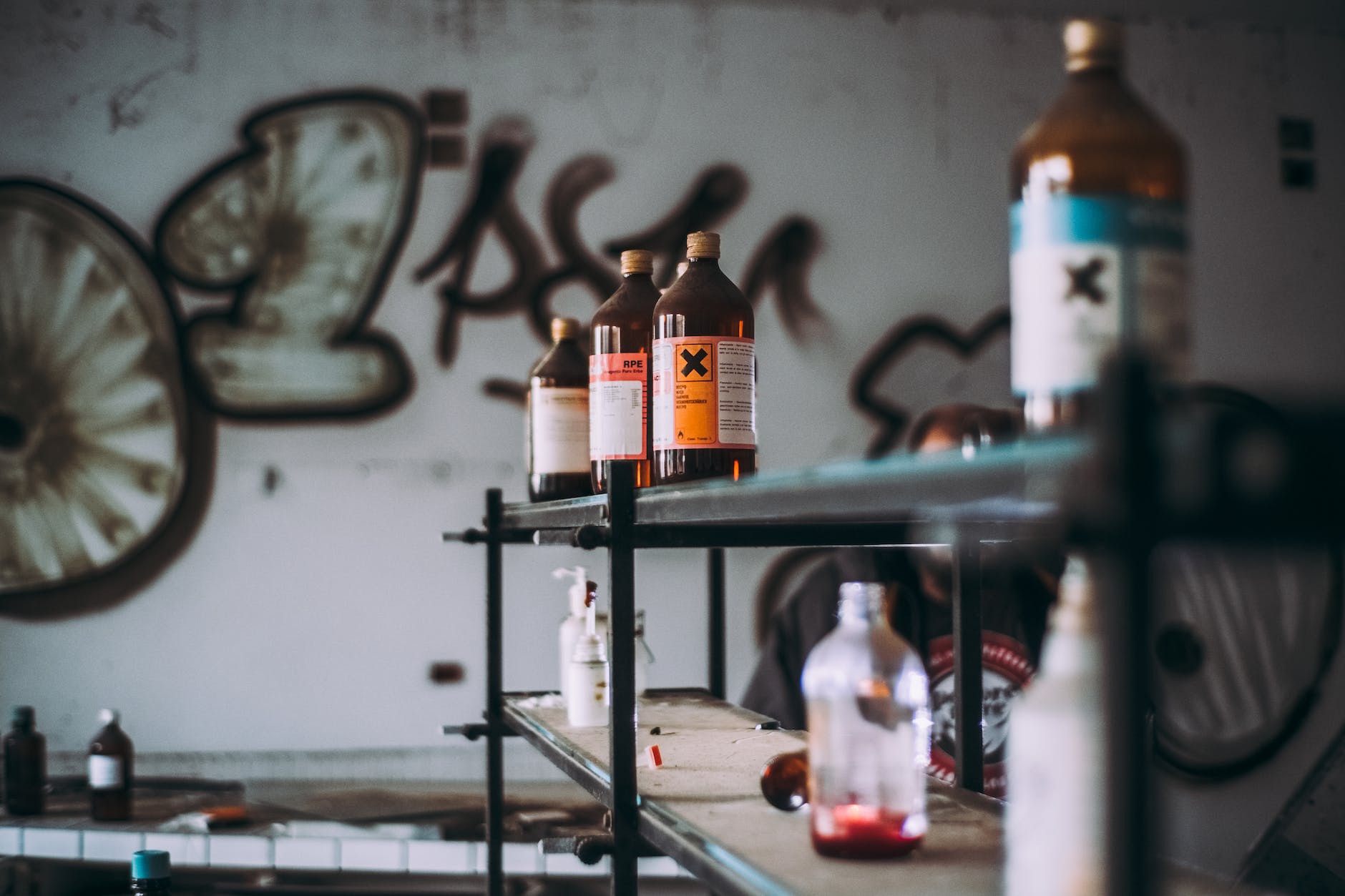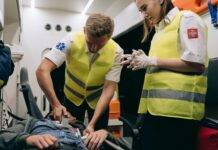
First Aid for Poisoning: How to Respond Quickly and Safely
Introduction
First Aid for Poisoning : Poisoning incidents can happen unexpectedly, putting individuals at risk of serious harm. Having the knowledge of how to respond promptly and appropriately during such emergencies is crucial. This article provides a comprehensive guide to poisoning first aid, covering essential steps to take in order to ensure the safety and well-being of the affected person.
Recognizing Poisoning Symptoms
Before diving into the details of first aid, it’s essential to be able to recognize the symptoms of poisoning. These can vary widely depending on the type of poison ingested, inhaled, or absorbed. Common signs include:
Nausea and Vomiting
Difficulty Breathing
Dizziness or Confusion
Seizures
Unconsciousness
Step-by-Step First Aid Response
1. Stay Calm and Assess the Situation
In the event of suspected poisoning, it’s crucial to stay calm. Quickly assess the situation and determine whether the person is conscious and responsive. This assessment will guide your subsequent actions.
2. Call for Help
If the person is experiencing severe symptoms or is unconscious, call emergency services immediately. Provide them with all the necessary information, including the type of poison if known, and any observed symptoms.
3. Remove the Poison
If the poison is still in the person’s vicinity, remove it to prevent further exposure. Use protective gloves or tools to handle the substance, ensuring your own safety.
4. Do Not Induce Vomiting
Contrary to common belief, it’s generally not advised to induce vomiting unless instructed by medical professionals. Some substances can cause more harm if they come into contact with the esophagus a second time.
5. Dilute or Neutralize
If the poison is a corrosive substance on the skin or eyes, rinse with water for at least 15 minutes. However, do not delay seeking medical help for this step.
6. Keep the Person Comfortable
While waiting for medical assistance, keep the affected person as comfortable as possible. Lay them down if needed, and provide reassurance to reduce anxiety.
7. Provide Information
When medical professionals arrive, provide them with accurate information about the substance, the quantity ingested, and the time of ingestion. This will help them administer appropriate treatment.
Common Types of Poisoning and First Aid
1. Ingested Poisons
These include ingesting harmful substances, such as cleaning products or medications. Follow the general first aid steps mentioned earlier.
2. Inhaled Poisons
In cases of inhaling poisonous gases or fumes, move the person to fresh air immediately. Administer CPR if necessary.
3. Skin Contact
For skin exposure, remove contaminated clothing and rinse the affected area with water. Seek medical help if irritation persists.
4. Eye Contact
Flush the eyes with water for at least 15 minutes and seek medical assistance promptly.
Conclusion
In cases of poisoning, quick and effective first aid response can make a significant difference in the outcome. By staying calm, seeking help, and taking appropriate actions, you can contribute to the person’s chances of a full recovery. Remember that even seemingly harmless substances can be dangerous, so vigilance is key.
FAQs About First Aid for Poisoning
Q1: Can I give the person milk or water if they’ve ingested poison? A1: It’s generally advised not to give anything by mouth unless instructed by medical professionals, as it could worsen the situation.
Q2: How can I prevent poisoning incidents at home? A2: Store household chemicals, medications, and potentially harmful substances out of reach of children. Keep them in their original containers.
Q3: What if I’m unsure whether a substance is poisonous? A3: It’s better to be cautious. Call a poison control center for guidance.
Q4: Should I induce vomiting if someone has swallowed a small object? A4: No, never induce vomiting if the person has ingested a sharp object or corrosive substance. Seek medical help.
Q5: Are natural or herbal products always safe? A5: Natural doesn’t always mean safe. Some plants and herbs can be toxic. Research thoroughly before using unfamiliar products.
























